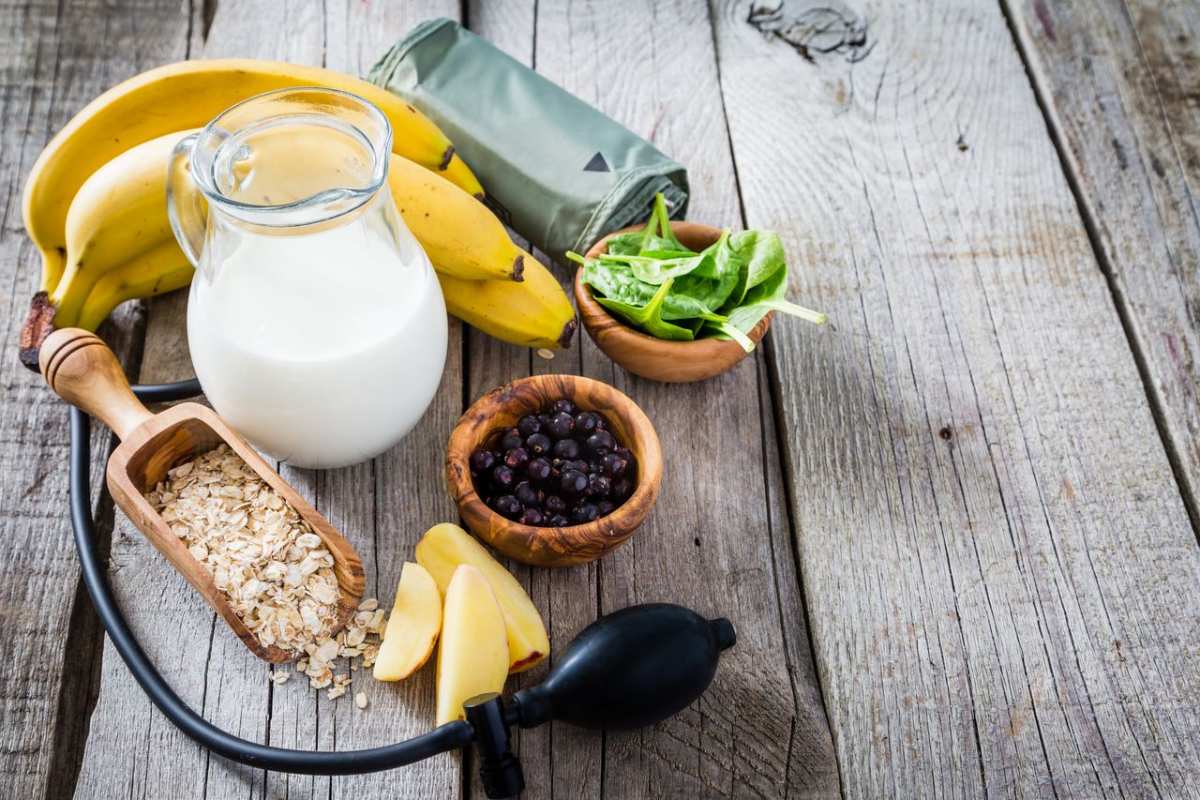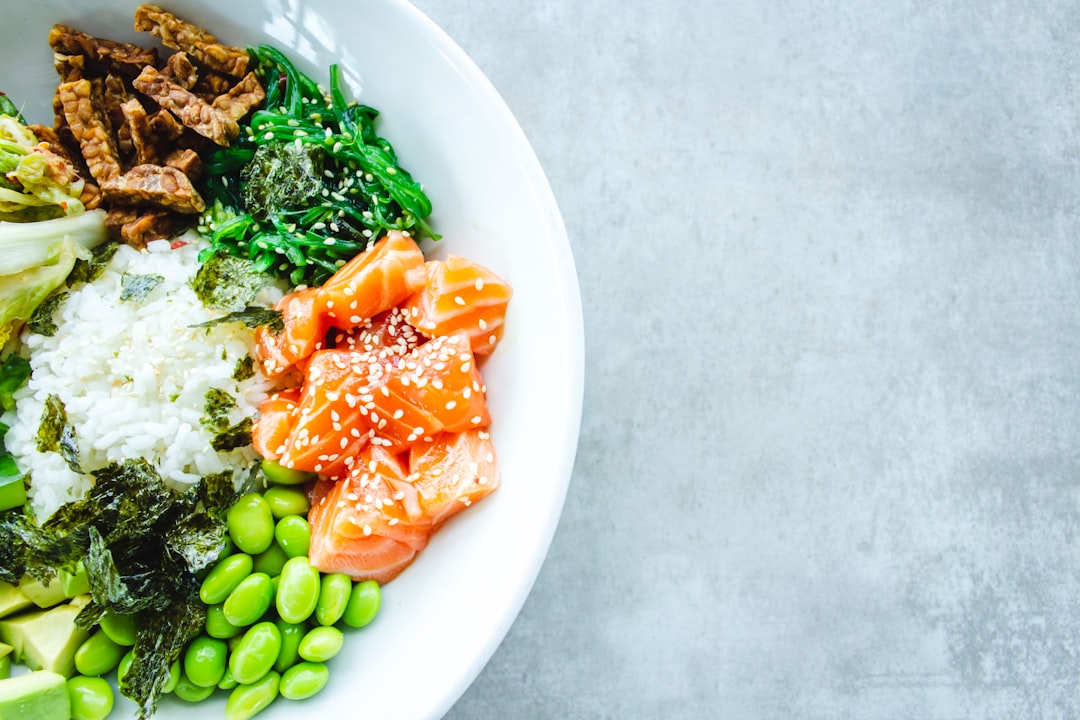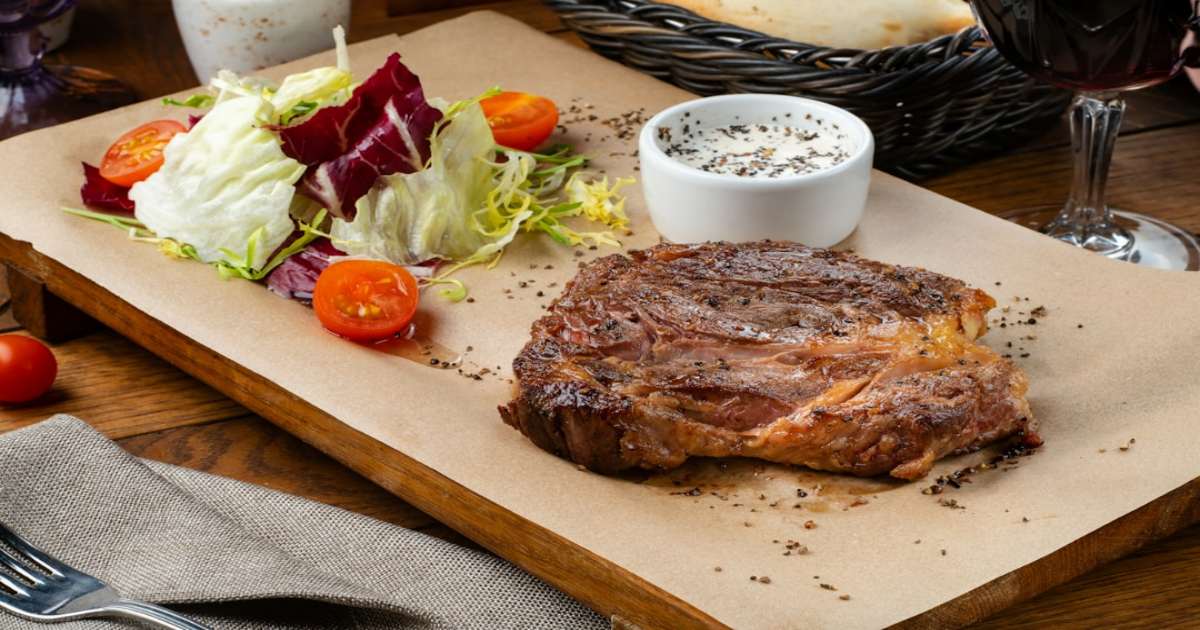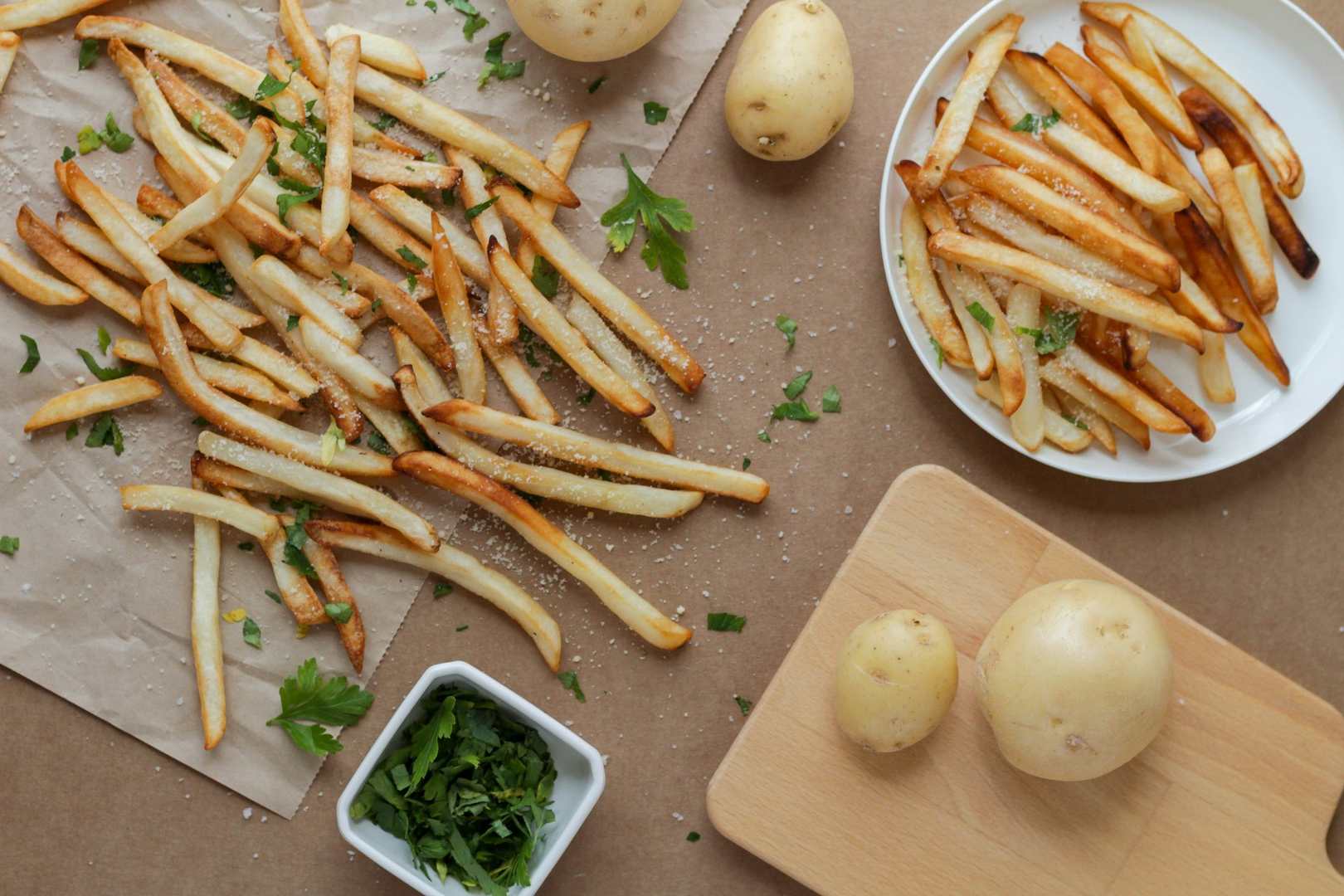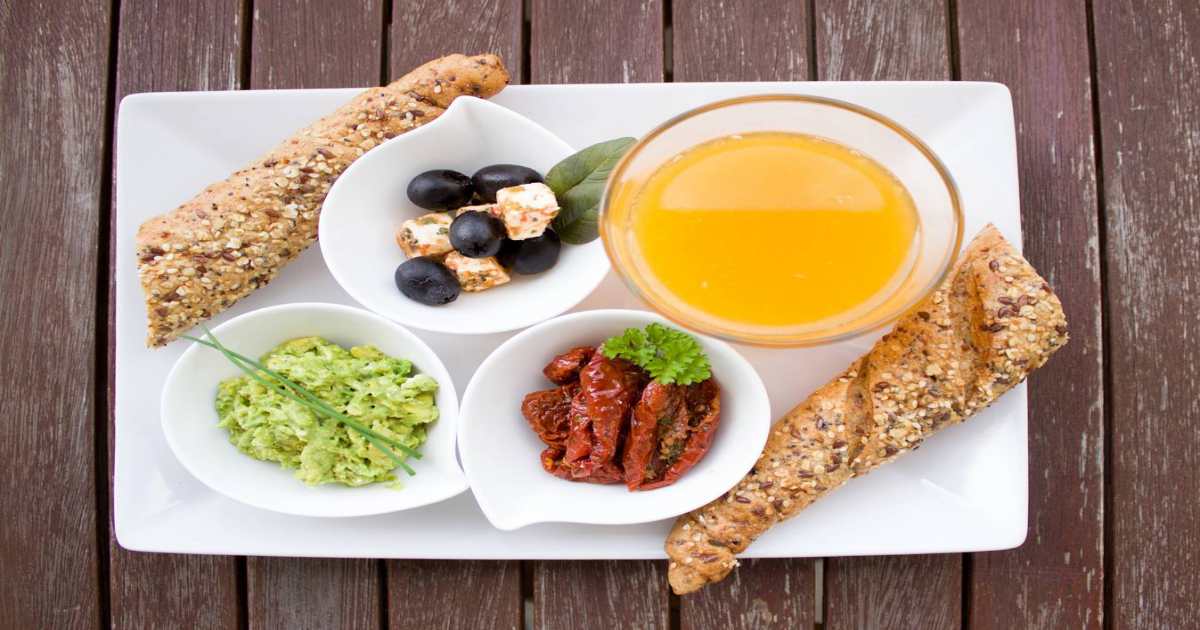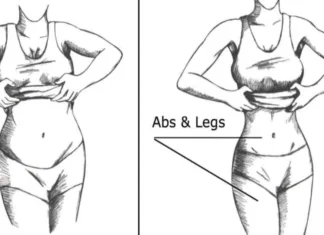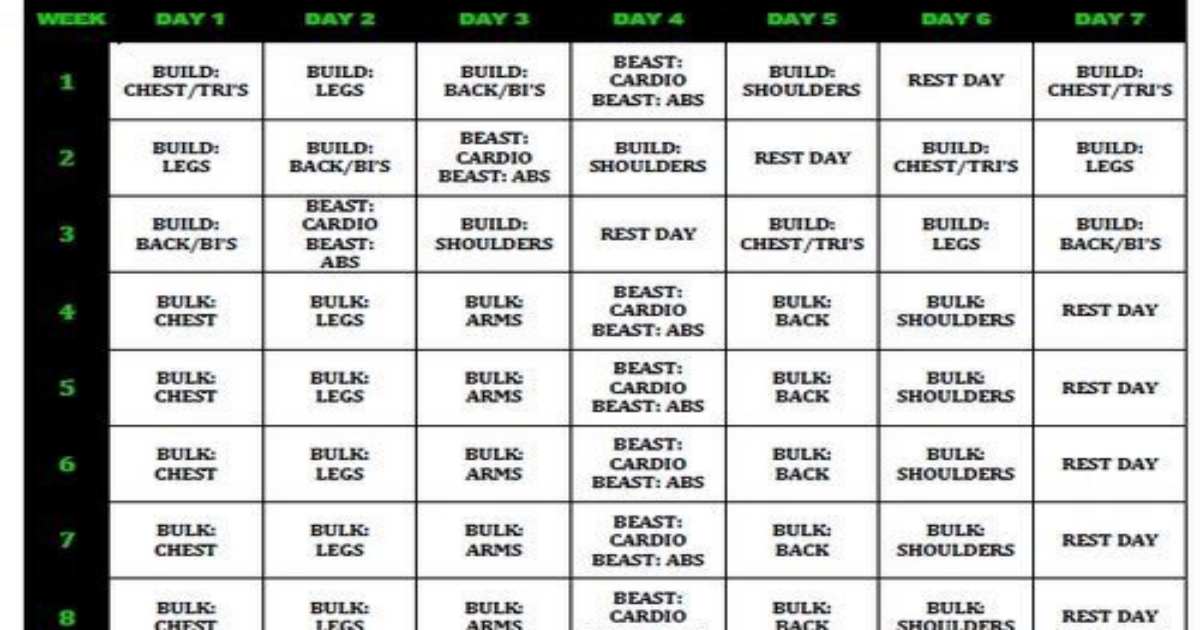High blood pressure, also known as hypertension, is a common health condition that affects millions of people worldwide. It occurs when the force of blood against the walls of your arteries is consistently too high, putting extra strain on your heart and blood vessels. If left untreated, high blood pressure can lead to serious health problems such as heart disease, stroke, and kidney failure.
While medication is often prescribed to manage high blood pressure, making dietary changes can also have a significant impact on reducing blood pressure levels. In this article, we will provide a 7-day diet plan for high blood pressure that can help you manage your condition and improve your overall health.
Why is Diet Important for High Blood Pressure?
The Role of Sodium
One of the main reasons why diet is important for high blood pressure is because of its impact on sodium levels in the body. Sodium is a mineral that is found in many foods, and it plays a crucial role in regulating blood pressure. However, consuming too much sodium can cause your body to retain excess fluid, which can increase blood pressure.
The American Heart Association recommends limiting sodium intake to no more than 2,300 milligrams (mg) per day, with an ideal limit of no more than 1,500 mg per day for most adults. This is especially important for individuals with high blood pressure, as reducing sodium intake can help lower blood pressure levels.
The DASH Diet
The Dietary Approaches to Stop Hypertension (DASH) diet is a well-known eating plan that has been proven to lower blood pressure. It emphasizes consuming whole grains, fruits, vegetables, and low-fat dairy products while limiting saturated and trans fats, red meat, and added sugars.
Studies have shown that following the DASH diet can significantly reduce blood pressure levels, making it an effective dietary approach for managing high blood pressure.
The Mediterranean diet
The Mediterranean diet is another eating pattern that has been linked to lower blood pressure levels. It focuses on whole, plant-based foods, healthy fats, and lean proteins, and limits processed and high-sodium foods. The Mediterranean diet also includes moderate consumption of red wine, which has been shown to have heart-healthy benefits.
7-Day Diet Plan for High Blood Pressure
Day 1
- Breakfast: Oatmeal with fresh berries and low-fat milk
- Snack: Apple slices with almond butter
- Lunch: Grilled chicken salad with mixed greens, tomatoes, and cucumbers
- Snack: Carrot sticks with hummus
- Dinner: Baked salmon with quinoa and steamed vegetables
Day 2
- Breakfast: Whole grain toast with avocado and scrambled eggs
- Snack: Greek yogurt with fresh fruit
- Lunch: Turkey and cheese wrap with whole grain tortilla
- Snack: Handful of almonds
- Dinner: Grilled shrimp with brown rice and steamed broccoli
Day 3
- Breakfast: Whole grain waffles with fresh fruit and low-fat yogurt
- Snack: Celery sticks with peanut butter
- Lunch: Quinoa and black bean salad
- Snack: Fresh fruit smoothie
- Dinner: Baked chicken with sweet potato and steamed vegetables
Day 4
- Breakfast: Whole grain toast with avocado and poached eggs
- Snack: Handful of cashews
- Lunch: Tuna salad with whole grain crackers
- Snack: Fresh fruit salad
- Dinner: Grilled pork chops with roasted potatoes and steamed vegetables
Day 5
- Breakfast: Whole grain oatmeal with fresh berries and low-fat milk
- Snack: Hard-boiled egg
- Lunch: Grilled chicken wrap with whole grain tortilla
- Snack: Fresh fruit and low-fat cheese
- Dinner: Baked fish with quinoa and steamed vegetables
Day 6
- Breakfast: Whole grain toast with almond butter and banana slices
- Snack: Fresh fruit and low-fat yogurt
- Lunch: Turkey and cheese sandwich on whole grain bread
- Snack: Handful of walnuts
- Dinner: Baked chicken with brown rice and steamed vegetables
Day 7
- Breakfast: Whole grain waffles with fresh fruit and low-fat yogurt
- Snack: Fresh fruit and low-fat cheese
- Lunch: Grilled shrimp salad with mixed greens, tomatoes, and cucumbers
- Snack: Fresh vegetable sticks with hummus
- Dinner: Baked salmon with quinoa and steamed vegetables
Additional Tips for Managing High Blood Pressure
In addition to following a healthy diet, there are other lifestyle changes you can make to help manage high blood pressure:
- Exercise regularly: Aim for at least 30 minutes of moderate-intensity exercise, such as brisk walking or cycling, most days of the week.
- Limit alcohol consumption: Excessive alcohol consumption can raise blood pressure, so it is important to limit your intake to no more than one drink per day for women and two drinks per day for men.
- Quit smoking: Smoking can damage your blood vessels and increase your risk of developing high blood pressure. Quitting smoking can help lower your blood pressure and improve your overall health.
- Manage stress: Chronic stress can contribute to high blood pressure, so finding healthy ways to manage stress, such as meditation or yoga, can be beneficial.
Conclusion
High blood pressure is a serious health condition that requires proper management. While medication is often prescribed, making dietary changes can also have a significant impact on reducing blood pressure levels. By following a healthy diet, such as the DASH diet, and making other lifestyle changes, you can effectively manage your high blood pressure and improve your overall health.

